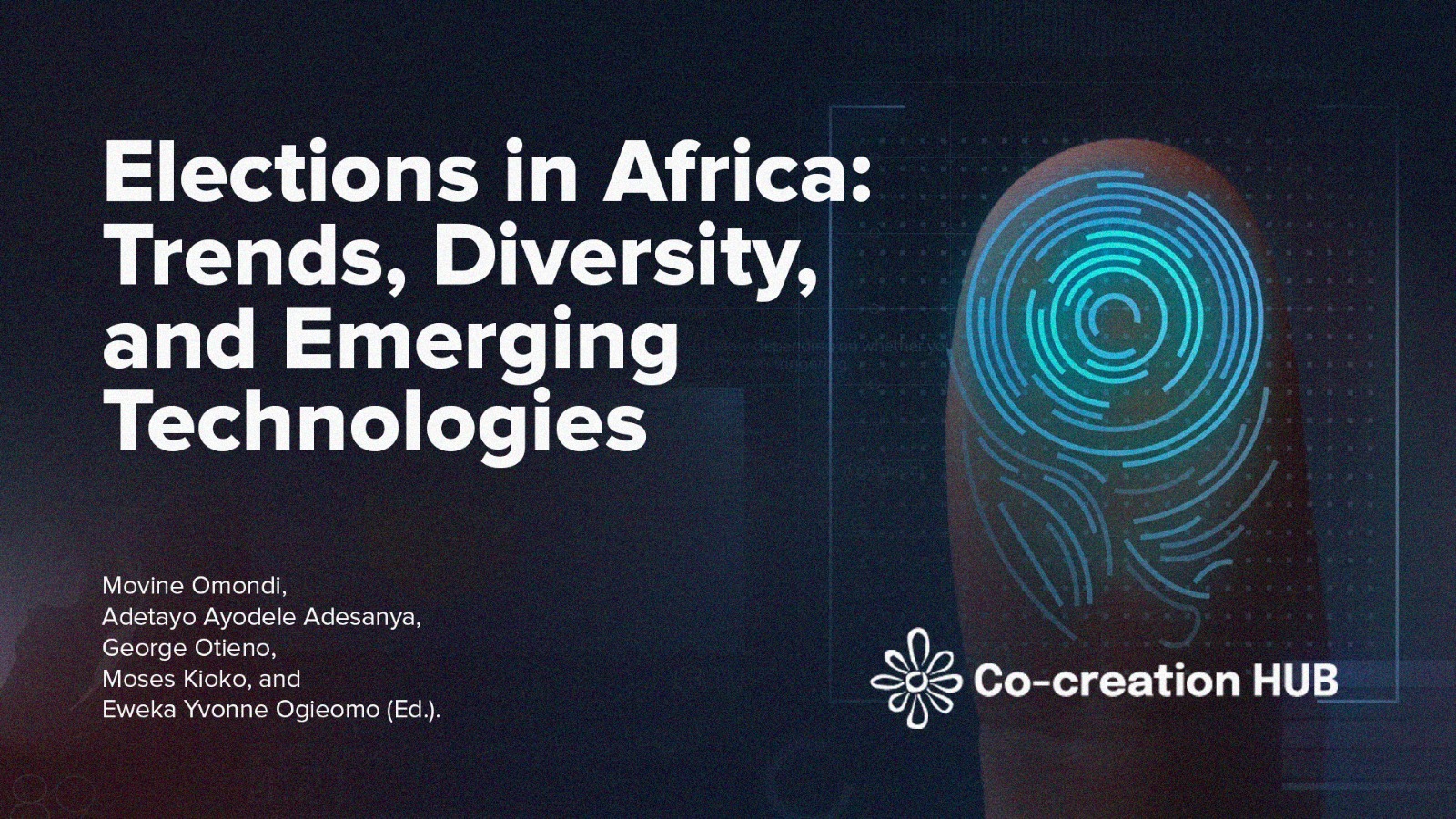2024 has been dubbed the year of Democracy with over 16 significant elections taking place across the continent. As countries across the continent work to strengthen their electoral processes and institutions, technology brings both opportunities and challenges. Recent elections in Namibia provide a lens to examine the intersection of democracy, diversity, and technology on the continent.
Namibia, is generally recognized for its political stability and commitment to democratic governance. However, the country’s recently conducted elections revealed areas for growth. Voter turnout was larger than prepared for, and key challenges like gaps in representation for marginalized groups surfaced, this was particularly important to note as equitable representation in governance enables systems that uphold justice, enhance social cohesion, and strengthen democracy.
A former noteworthy feature of Namibia Democracy was Namibia’s use of electronic voting machines (EVMs), as stated in the Elections in Africa: Trends, Diversity, and Emerging Technologies Report by CcHUB (2024). However, the country recently reverted to hand-counted ballot papers. According to the Associated Press (2024), this decision led to a chaotic and extended voting period, raising questions about Namibia’s electoral efficiency and transparency.
The consequences of this shift were far-reaching. The BBC reported that opposition parties refused to accept the results, contesting the legitimacy of Namibia’s first female president, Netumbo Nandi-Ndaitwah.
According to the African Union Preliminary statement: (African Union Election Observation Mission to the Republic of Namibia, 27 November General Elections, Windhoek, 29 November 2024) “Challenges persist in achieving equal representation in political leadership especially in regional councils and local authorities. Of the 15 presidential candidates in the race, Netumbo Nandi-Ndaitwah, the SWAPO candidate, was the only female contender. ”
The same preliminary statement details the flaws in traditional ballot paper voting systems as “Of the polling stations visited, 34 (11%) ran out of materials, including ballot papers, ballot boxes, lack of batteries for ultra violet light, and voters’ roll—amongst others. This resulted in interruption of the voting process.” Further prolonging the voting process as logistical issues persisted.
Technology’s Role in African Elections
- Improving Efficiency and Transparency
Namibia’s departure from the integration of EVMs in the 2024 presidential elections reflects the complexities surrounding the adoption of election technology. While digital systems can enhance transparency, minimize fraud, and reduce human error, their success depends on how well they integrate with existing societal structures and address public concerns.
- Data-Driven Insights
Electoral technologies can provide valuable data to improve planning and execution. For instance, electoral bodies such as the Electoral Commission of Namibia (ECN) can utilize voter registration and turnout data to optimize resource allocation, streamline operations, and enhance the overall efficiency of the electoral process. An example was the 2021 South African local elections, where the Independent Electoral Commission enlisted electronic voter management devices (VMDs) and online voter registration facilities to tackle the challenge of double voting, as documented in the Elections in Africa: Trends, Diversity, and Emerging Technologies Report by CcHUB (2024).
The Path Forward
Elections in Namibia and across Africa reflect both the need for technological progress and the potential it holds for systematic change. By embracing diversity and leveraging technology, African nations can build trust, resilient democracies and meet the aspirations of their citizens. These efforts require a collective commitment from governments, Election management agencies, civil society, and the private sector to foster inclusive, transparent, and innovative electoral processes.
As Africa continues its democratic journey during this global election year, Namibia’s remind us that elections are not just about casting votes—they are about the potential pitfalls of not harnessing technology in elections in a way that upholds democratic values, enhances accountability and transparency, in ways that leverage its potential. Adopting secure and transparent digital tools that enhance voter registration, streamline vote tallying, and provide real-time results reporting could safeguard the integrity of future election systems against potential threats.For more information and insights on voting trends around Africa read the Elections in Africa: Trends, Diversity, and Emerging Technologies Report by CcHUB HERE

